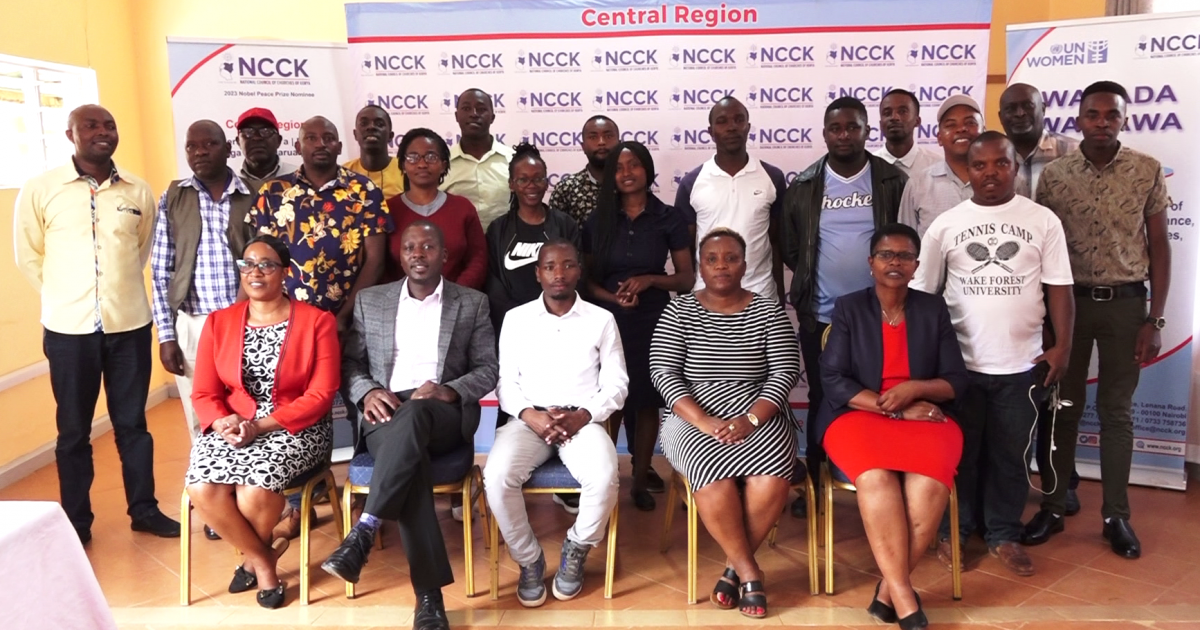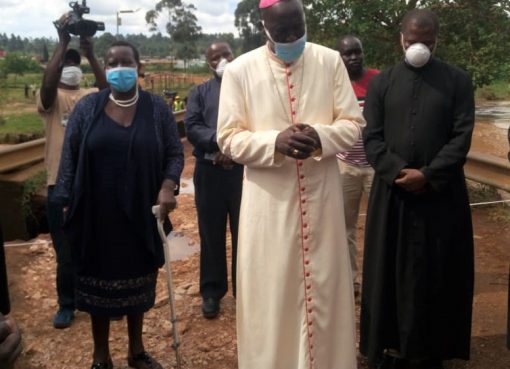National Council of Churches of Kenya (NCCK) Official Samson Chege has asked the media to challenge negative cultural practices and norms that exacerbate gender inequality and also advance promotion of women leadership in the peace process.
Chege was speaking on Friday during a training for journalists in Embu on gender-sensitive reporting.
The training was aimed at enhancing skills of journalists on objective and impactful reporting on gender issues in adherence to the code of ethics for the practice of journalism.
He challenged to avoid gender stereotypes, discrimination and respecting dignity and right to privacy of victims of gender-based violence.
“Our aim was to sharpen their skills on issues of gender sensitivity especially cases on gender-based violence professionally without victimising the survivors,” he said.
This, he said, will go a long way in ensuring journalists are proactive in using their platforms to bridge the gender gap and promote peace and unity and build a more cohesive society.
Speaking at the same event, Embu County Youth, Gender, Sports, Culture and Social Services CEC Jane Waroga called for collaboration between media, stakeholders and other partners to eliminate these vices.
Waroga reported that GBV cases were on the rise in the county especially teenage pregnancies which was a worrying trend and deliberate efforts must be made to come up with programs of awareness creation to curb them.
On his part, Embu Media Association Chairman Brian Malila lauded the development, saying the training will enable them to advance their reporting skills on matters such as GBV that call for reporting that does not injure or portray one gender unfairly.
Malila said the greatest impediment to exposure and fight against GBV such as physical violence, FGM, rape, and defilement was nondisclosure by victims and or their families.
He said this propagates the vices and there was need for awareness creation for the members of the society on the need to speak up when these ills take place in order to effectively eradicate them.
By Samuel Waititu





